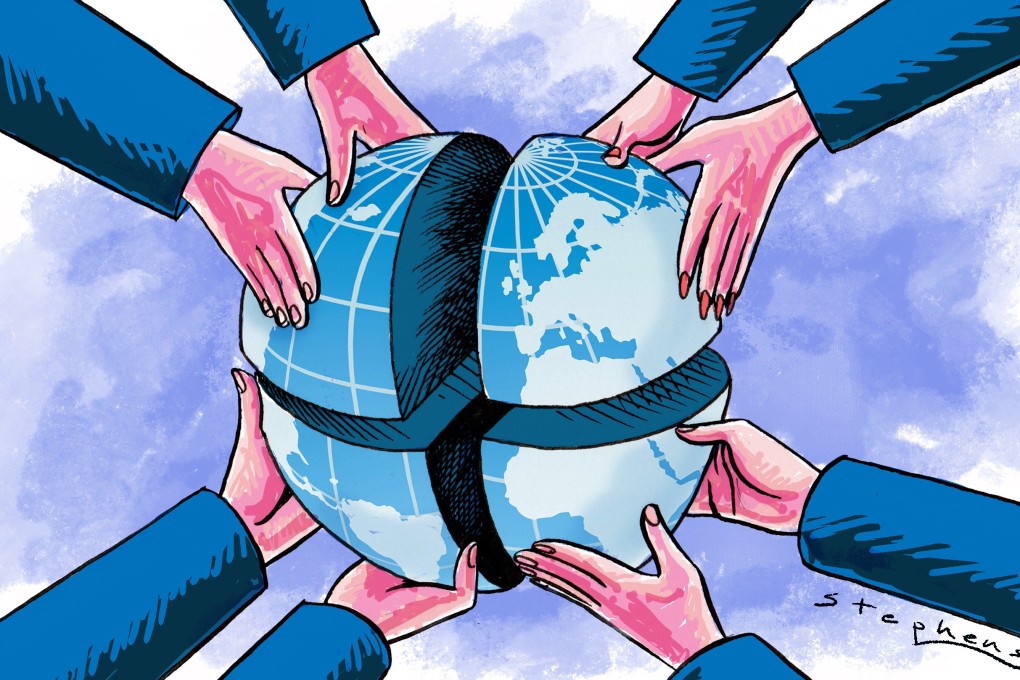Advertisement
Opinion | From Asean and G20 to Apec, as world leaders meet in person again, 3 reasons to root for multilateralism
- The return of face-to-face meetings, the motivating effect of grave global challenges and the moderating influence of ‘middle power’ multipolarisation all point to a revival of global cooperation
Reading Time:3 minutes
Why you can trust SCMP

Over the past two weeks, Asia has played host to the most intense sequence of multilateral summits since the pandemic began, as national leaders gathered for meetings organised by Asean, the G20 and Apec. Although overshadowed by geopolitical tensions, the meetings marked a welcome return to in-person summit diplomacy, and the better-than-expected outcomes show hope yet for multilateralism.
Advertisement
The conclaves began in Phnom Penh with the annual summit of the Association of Southeast Asian Nations. At the first such in-person events in almost three years, Asean leaders took the positive step of agreeing in principle to admit East Timor as the 11th member of the organisation.
As leaders moved on to Bali for the Group of 20 summit, expectations were low after ministerial meetings in the run-up had failed to produce consensus. Earlier in the year, given fractures in the wake of Russia’s invasion of Ukraine, there was a question mark over whether the G20 could even go ahead or survive in its existing form.
In the end, the summit surpassed expectations by producing a joint declaration after intense negotiations, with leaders finding the compromises necessary to unite in declaring that “today’s era must not be of war” and pledging to uphold the multilateral system.
The summit also saw a positive face-to-face meeting between China’s President Xi Jinping and US President Joe Biden, their first as leaders, signalling a willingness to halt the downward trajectory of China-US relations.
Advertisement
In Bangkok, the 21 leaders of the Asia-Pacific Economic Cooperation forum also pledged to uphold and strengthen the rules-based multilateral trading system. Importantly, the group agreed on a multi-year work plan for an Asia-Pacific free trade area.

Advertisement
